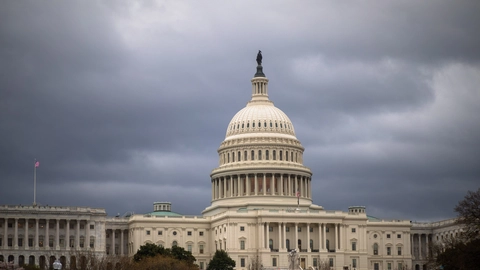Ukraine has requested that Russia provide a detailed list of Ukrainian prisoners of war (POWs) who are ready for exchange, following recent accusations from Moscow claiming that Kyiv is deliberately slowing the process.
Russia Deliberately Slows Down
According to Hotnews the Ukrainian Ombudsman for Human Rights, Dmytro Lubinets, expressed Kyiv's position on Telegram, emphasizing, “We are always ready to exchange prisoners of war!”
Since Russia launched its full-scale invasion of Ukraine in February 2022, both countries have regularly engaged in POW swaps.
The most recent exchange took place in mid-October, with each side returning 95 soldiers to their respective homelands.
However, the process has recently faced tension and accusations, with each country blaming the other for delays and disruptions.
Ukraine 'Sabotage' Exchange Process
On Saturday, Russian Foreign Ministry spokesperson Maria Zakharova claimed that Ukraine has been effectively “sabotaging” the exchange process.
She accused Kyiv of refusing to repatriate its own citizens, citing concerns over the Ukrainian government’s treatment of certain battalions, which include some of Ukraine’s most dedicated and active volunteer units.
Initially separate from the regular Ukrainian military, these volunteer battalions later integrated into Ukraine’s Armed Forces as the conflict intensified.
According to Zakharova, Russia’s Ministry of Defense has offered to release 935 Ukrainian prisoners, though only 279 have been accepted by Ukraine. Since 2022, Russia and Ukraine have conducted more than 45 exchanges, allowing each side to recover approximately 3,000 of its soldiers.
Responding to Zakharova’s claims, Lubinets maintained that Ukraine has always been prepared to accept its citizens, pointing to Russia as the source of any delays. He accused Moscow of dragging its feet and stalling the process.
Tatiana Moskalkova, Russia’s human rights commissioner, weighed in as well, suggesting that Ukraine is “politicizing” the situation. She called for a return to “constructive dialogue” to expedite future exchanges.
In a message on Telegram, Moskalkova stressed the need for cooperation, urging both sides to prioritize humanitarian interests over political disputes.



















